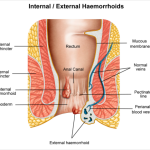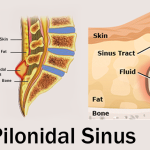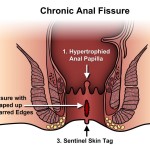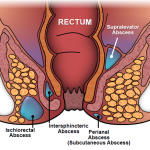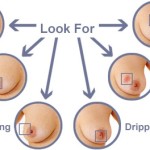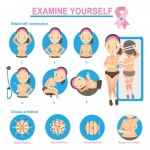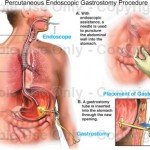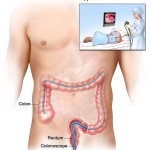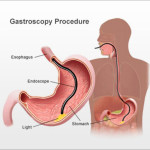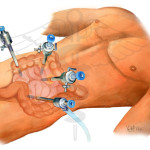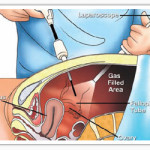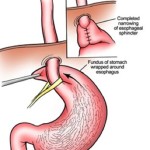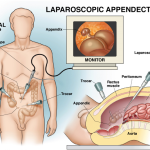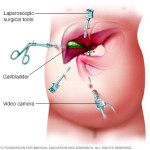Gastroscopy and Associated Procedures
Introduction | Need | Procedure | Preparation | During the Test | After Surgery | Complications | Results
You have been advised to have an upper gastrointestinal endoscopy to help find the cause of your symptoms. The test is sometimes called a Gastroscopy or simply an endoscopy. This is a procedure using a special tube to look at the lining of your gullet (oesophagus), your stomach and first part of your intestine (duodenum).
We want to make you as comfortable as possible during your stay. We have written this information to answer the commonly asked questions about gastroscopy. If you have any questions, or if there is anything that you do not understand, please ask when you attend for the gastroscopy.

Why is a Gastroscopy needed?
The doctor can study the mucous membranes of the stomach from top to bottom, see irritations, wounds, or tumours. Gastroscopy is effective, and has now replaced the use of x-rays in many cases. It helps the doctor see any abnormalities in the gullet, the stomach and the duodenum. It is precise and safe.
Patients are often given a gastroscopic examination because of their indigestion symptoms, which can usually be treated with medication.
Occasionally, the cause of indigestion is an ulcer and it is known that many ulcers are due to bacterial infection in the stomach.
A very small number of patients with indigestion will turn out to have cancer and, again, the diagnosis can be made accurately by biopsy. Further investigation can then be planned to ensure the most effective treatment.
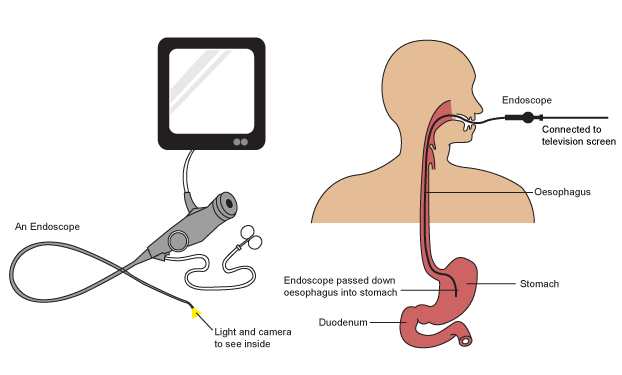
How is a gastroscopy performed?
A gastroscopy is carried out with a local anaesthetic throat spray and/or sedation. A gastroscope is a thin, flexible tube with a bright light at the end. It is passed through your mouth, down your gullet and into your stomach. During the test, photographs may be taken.
Sometimes a small amount of tissue (biopsy) may need to be taken from a particular area for examination by the laboratory. The tissue is removed using tiny forceps passed through the gastroscope. You may feel a tugging sensation.
What will happen during the test?
You will be asked to lie on your left side on a trolley and made as comfortable as possible. A nurse will stay with you throughout the test. A probe will be placed on your finger to monitor your pulse during the test. If you have chosen sedation it will be given at this point. To protect your teeth (and the endoscope) a small plastic mouth guard will be placed between your teeth. This will not interfere with your breathing. The gastroscopy takes around 5 – 10 minutes to complete. When the examination is finished, the endoscope is removed easily, causing little discomfort.
What should I expect after the gastroscopy?
If you have had sedation you will need time for the sedation to wear off. If you have had local anaesthetic throat spray, you will not be able to eat or drink for 2 hours after the examination, or until the swallowing reflexes are back to normal. After this you can eat and drink normally. The back of your throat may feel sore for the rest of the day. You may also feel bloated if some of the air has remained in your stomach. Both these discomforts will pass and need no medication.
What are the possible complications?
This is a safe procedure. Complications such as perforation (tear in the wall of the gullet or stomach) and bleeding can occur, but are rare. You will be monitored closely throughout the examination and if there is any cause for concern, the test will be stopped immediately.
When will I be able to go home?
If you have not had sedation you will be able to go home within about one hour of having the examination.
If you have had sedation, you will be able to go home in about two hours of having the examination.
If you are going home after the test it is essential that someone comes to pick you up. Once home, it is important to rest for the rest of the day. If you have had sedation you should not:
- Drive a car
- Operate machinery
- Drink alcohol
The effects of the test and the sedation should have worn off by the next day when most patients are able to resume normal activities.
When do I know the results?
In many cases, the doctor will be able to tell you the results straight after the test, or if you have been sedated, as soon as you awake. However, if a biopsy has been taken for examination, the results will take several days. It is a good idea to have someone with you when you speak to the doctor after the test as if sedation has been used, people often find that they forget everything that has been said.

